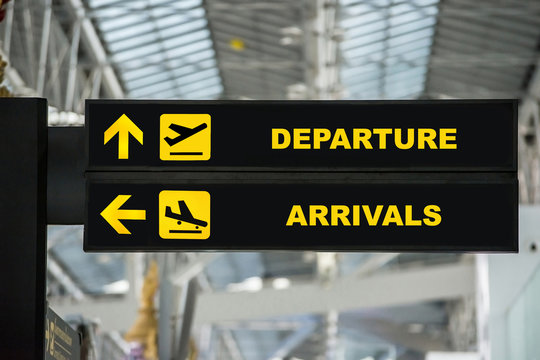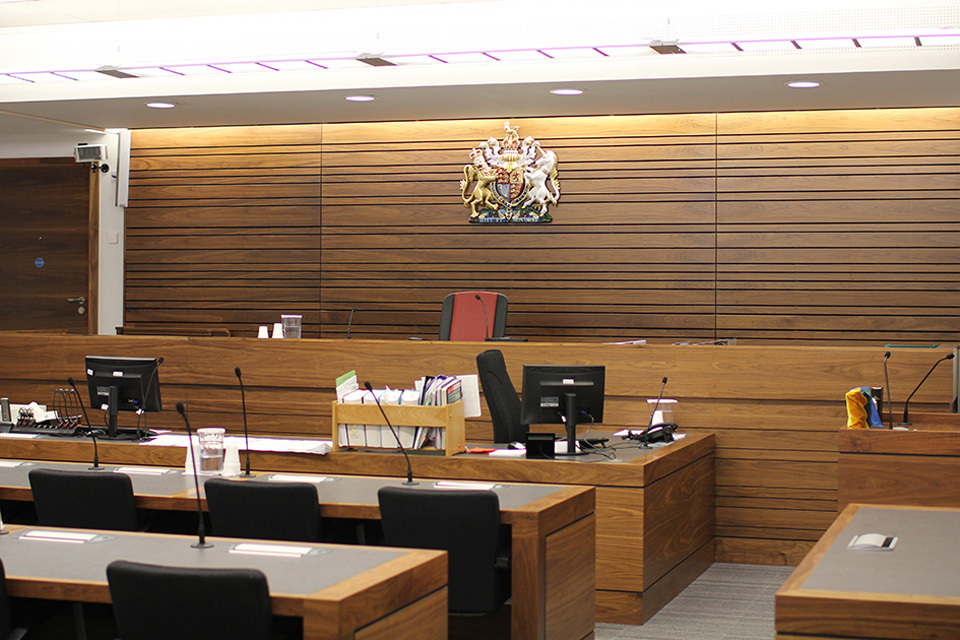Holidaymakers are being warned about fraudsters using fake social media accounts to impersonate airlines and steal personal information. A study by Which? has revealed that fraudsters have adapted their tactics to infiltrate genuine customer queries and complaints on Twitter, easily impersonating airlines.
According to recent figures, holiday fraud victims lost an average of £1,851 last year, with notable spikes in July and August. A recent survey by travel debit card Currensea reveals that over a third (35%) of travellers aged 18 to 35 reported being scammed on holiday in the past year. This makes young travellers particularly vulnerable to these types of scams.
New Tactics Targeting Travellers
This warning comes a year after the consumer watchdog Which? noticed fake easyJet accounts popping up to “help” customers after several flight cancellations. Fraudsters pose as customer service agents, asking to be followed to sort out the problem. Once in a direct message, they lure customers into sharing phone numbers and personal details, which can then be used to access bank accounts.
Which? reports that the issue now extends beyond easyJet, with fake accounts impersonating all major airlines. These accounts often look genuine, copying the design of official pages but with slight differences in details—such as an unofficial-sounding name (e.g., @easyJet10011 instead of @easyjet). They may also pose as fake staff members, like “Mike from WizzAir.”
Social Media’s Slow Response
Airlines often reply to customer inquiries via social media, and fraudsters take advantage of this. Using bots, they quickly find customers contacting airlines, especially during events like weather disruptions or strikes that lead to mass flight cancellations. Which? criticises Twitter for being too slow to take down fake accounts.
Which? shared an example where they tweeted a question to @wizzair and were contacted by two fake accounts. Both used similar language, apologising for the inconvenience and requesting further information, including a WhatsApp number for assistance. Additional investigations found bogus accounts posing as British Airways, easyJet, Jet2, Ryanair, Tui, and Virgin Atlantic.
Red Flags and Precautions
Fake accounts are often quicker to respond than genuine airlines and can interrupt existing conversations, making them harder to spot. If you’ve sent card details to a fraudster or lost money to a scam, call your bank immediately and report the scam to Action Fraud. If you suspect you’ve interacted with a fake account, do not provide any personal information. Always verify the authenticity of social media accounts by checking their follower count, username, and the kind of information they request.
Protecting Yourself
Consumers are advised to take several precautions:
- Verify the Account: Check if the official account matches the one engaging with you.
- Do Not Share Personal Information: Airlines do not ask for bank or card details on social media.
- Check Follower Counts: Scam accounts often have fewer than 1,000 followers, which is a red flag.
- Contact Customer Service: If concerned, call the airline’s customer service directly.
- Blue Tick Misconceptions: A blue tick is no longer a definitive mark of authentication, but major airlines do often have an advanced gold verification tick.
Airline Responses
Which? found it challenging to get fake accounts taken down, even after reporting them. Jet2, easyJet, Wizz, and TUI acknowledged the issue and monitored for fake accounts, reporting those they found. However, none disclosed how many fake accounts they had identified. British Airways, Ryanair, and Virgin Atlantic did not respond to inquiries.
Holiday scams, particularly those involving fake airline accounts, pose a significant threat to travellers. By staying vigilant and following the recommended precautions, you can protect yourself from falling victim to these scams. Always verify the authenticity of accounts before sharing any personal information, and report any suspicious activity to the authorities immediately.



